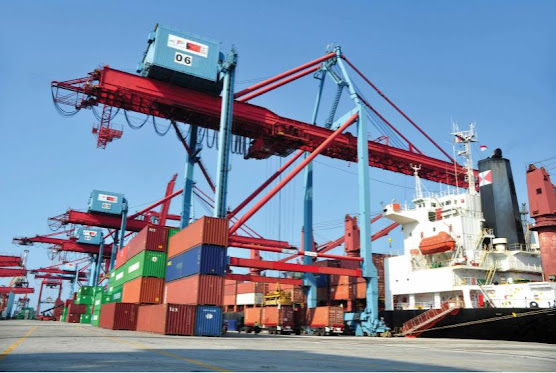What is Trade Compliance and why is Trade Compliance important?
Trade Compliance means adhering to the many global regulations that surround business activities and the import and export of products, services, and technology. This means complying with international export, trade, and finance laws.
Who is responsible for Trade Compliance?
You may not think this is relevant to you, but the truth is that organizations in all industries have Trade Compliance requirements that they must meet. It is not a regulation that only applies to security-sensitive industries such as aerospace, defense, telecommunications, IT, energy, research, or financial institutions. And the penalties for non-compliance can be severe.
Why Trade Compliance is important?
Trade Compliance is the responsibility of all businesses and is especially important to importers and exporters. The larger the company, the higher the expectations of compliance. You must fully understand what rules and regulations apply to you and how to manage them to comply with them.
Proper business alignment means meeting the needs of customers and suppliers while supporting long-term growth, sustainability, and competitive advantage. It is one of the hidden elements of a successful global supply chain. The weight of current regulatory pressures makes strict trade compliance controls particularly important to reduce risk:
Protects the reputation of the company and its employees by promoting legal and responsible trade.
Minimizes the risk of fines and penalties.
Increase customer satisfaction by avoiding shipping delays.
As a result, you save money by avoiding delays, investigations, and penalties.
What is an Export Consultant do and how does exporting work?
Make sure you have an Export Consultant to avoid shipping problems. International shipping requires a lot of paperwork to make it easy for consultants to navigate the process.
Use Import Export Advisor to handle daily international routing and picking to simplify these processes for both suppliers and buyers. If a business is having issues with customs duties, shipping insurance, or tax laws when shipping merchandise, an import/export consultant is the solution. They are responsible for helping companies obtain the documents they need to move their cargo in and out of the country.
Import and export consultants need a strong logistics infrastructure and experience in the cross-border transportation of various products. Various documents such as bill of lading, commercial invoice, and invoice are required for delivery to the country.




Comments
Post a Comment